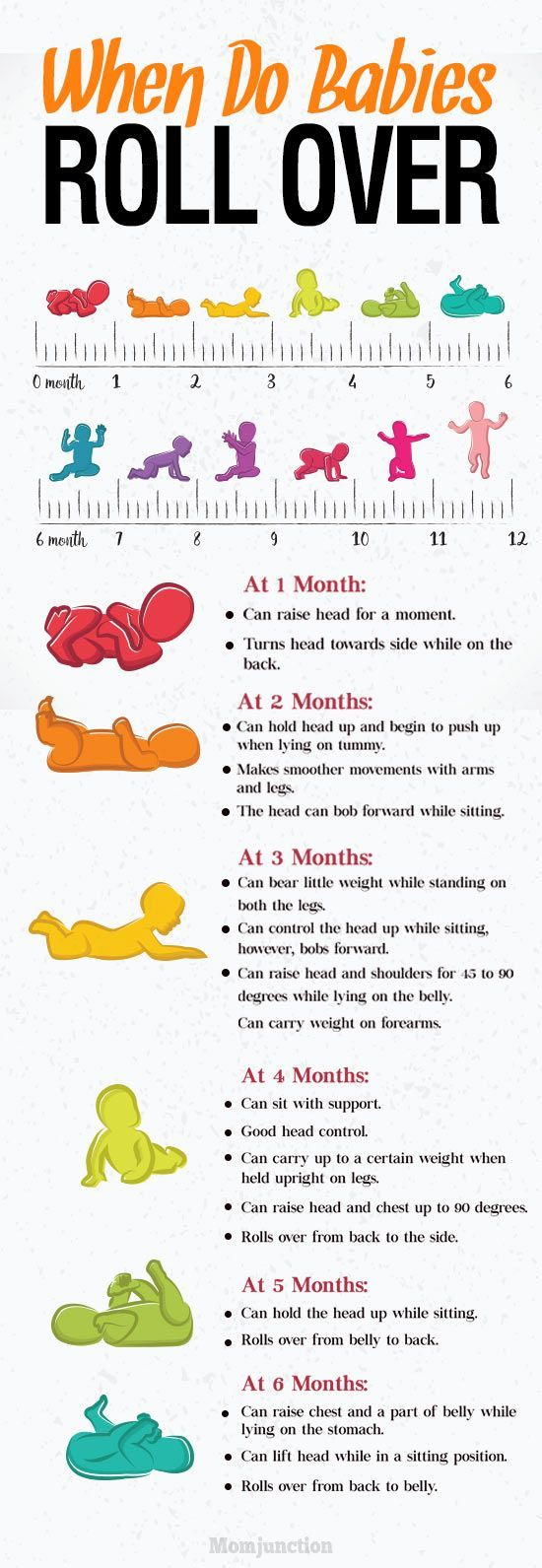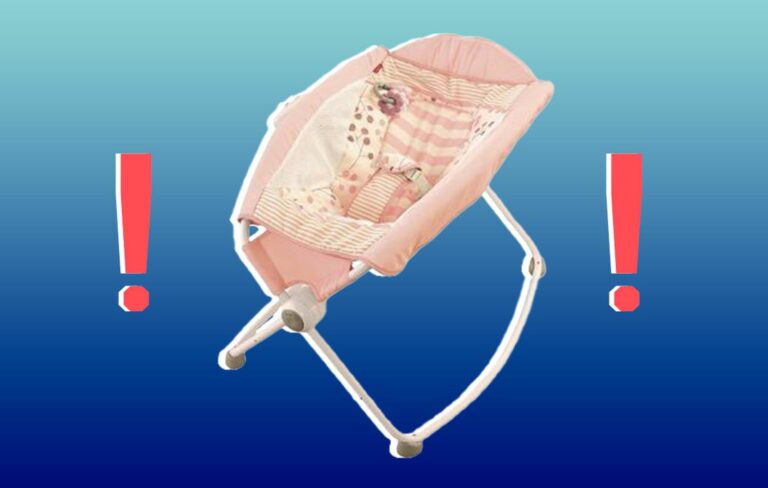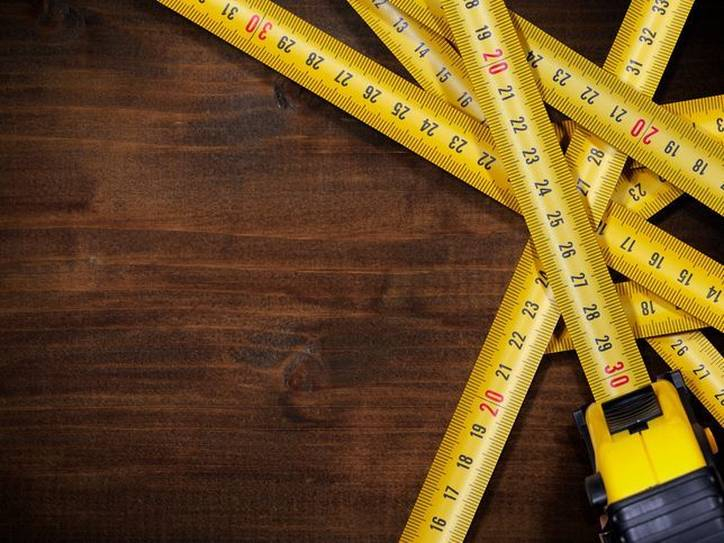When Should Baby Roll Over
Babies reaching their developmental milestones is an exciting time for parents. One of the key milestones that parents eagerly anticipate is when their baby starts to roll over. This simple action can be a sign of your baby’s growth and physical development. In this article, we will explore when babies typically start to roll over, what factors can influence this milestone, and how parents can support their baby’s development. Let’s dive in!
Knowledge
When should baby roll over? Most babies start to roll over between 4 to 6 months of age. However, every baby is different, and some may reach this milestone earlier or later. It is essential to remember that there is a wide range of normal development, and babies develop at their own pace. Some babies may start rolling over as early as 3 months, while others may take longer to achieve this milestone.
Factors such as strength, muscle tone, and motivation can influence when a baby starts to roll over. Tummy time, which involves placing your baby on their stomach while they are awake and supervised, can help strengthen their neck, shoulder, and arm muscles. These muscles are essential for supporting your baby as they learn to roll over. Encouraging your baby to reach for toys or objects during tummy time can also motivate them to start rolling over.
It is important to create a safe environment for your baby to practice rolling over. Make sure that there are no obstacles or hazards around your baby and always supervise them during playtime. As your baby gains confidence and strength, they will start to roll over on their own. Celebrate this achievement and continue to support your baby’s physical development through playtime and tummy time activities.
Conclusion
In conclusion, the milestone of rolling over is an exciting moment for parents and babies alike. By understanding when babies typically start to roll over and supporting their physical development through activities like tummy time, parents can help their baby reach this crucial milestone. Remember that every baby develops at their own pace, so it is essential to be patient and supportive as your baby grows. Celebrate each milestone achieved and enjoy watching your baby reach new developmental achievements.
Ultimately, the ability to roll over is a sign of your baby’s increasing strength, coordination, and independence. By creating a safe and supportive environment for your baby to practice rolling over, you are setting the stage for future physical milestones like crawling, sitting, and walking. Embrace each stage of your baby’s development, and remember that every baby is unique and will reach their milestones in their time.






